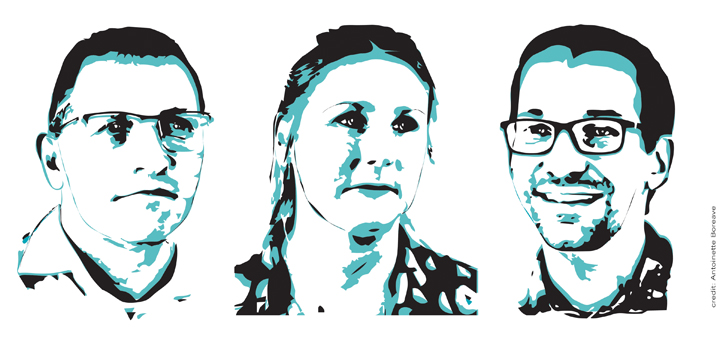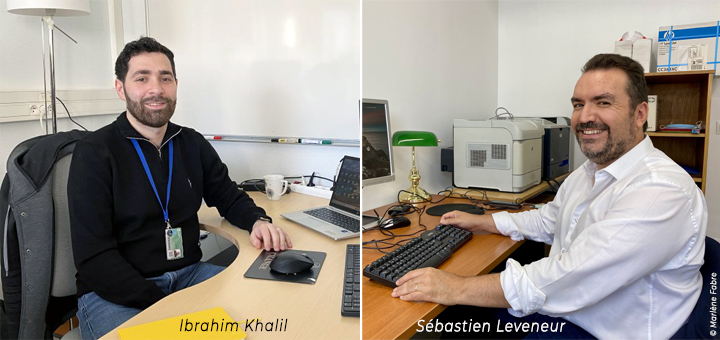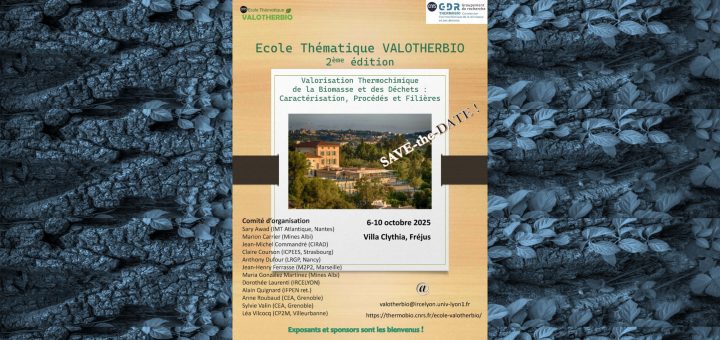Introduction
The CATREN team is dedicated to heterogeneous catalysis for the energy transition
Research areas
- Heterogeneous catalysis for C1 conversion
- Power-to-chemicals
- Conversion of bio and fossil resources
Through those axes, while conventional catalysis dedicated to the refining of fossil resources is declining, we develop new applications of heterogeneous catalysis to energetic issues. We are interested in the catalytic valorization of biomass and related platform-molecules to produce biofuels and intermediates such as olefins and aromatic coumpounds. We also focus on dihydrogen production and CO2 reduction through thermocatalytic, photocatalytic and electrocatalytic routes.
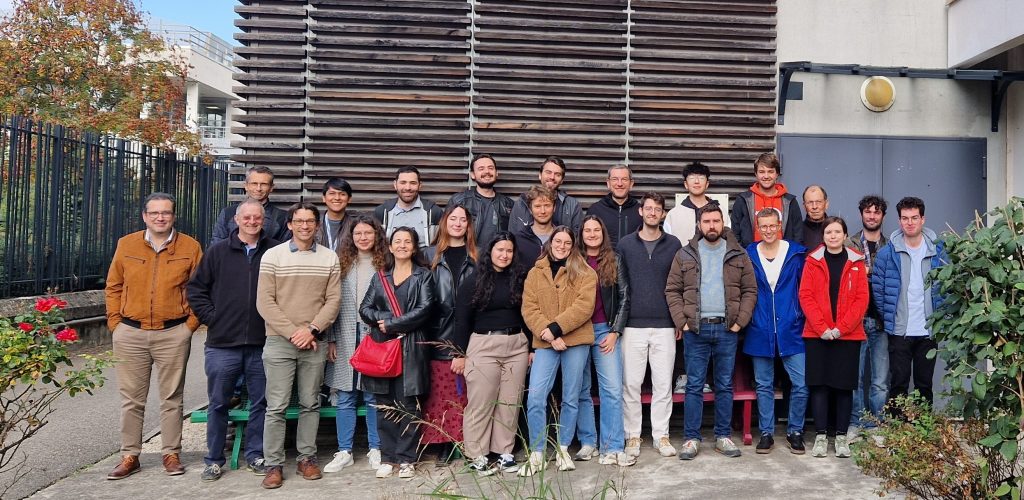
Permanent staff
 Bastien Lunardelli: reactor engineering, automation
Bastien Lunardelli: reactor engineering, automation
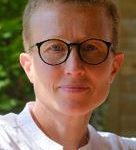 Chantal Lorentz: analytical methods, gas chromatography, GCXGC
Chantal Lorentz: analytical methods, gas chromatography, GCXGC
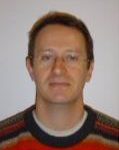 Christophe Geantet: refining, (bio)fuels, characterization methods, products analysis
Christophe Geantet: refining, (bio)fuels, characterization methods, products analysis
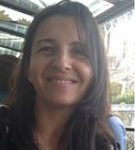 Dorothée Laurenti: catalytic hydroconversion, biomass catalytic conversion, metal sulfide catalysts, lignin, micro-algae, conversion of catalytic vapors, complex mixture characterization
Dorothée Laurenti: catalytic hydroconversion, biomass catalytic conversion, metal sulfide catalysts, lignin, micro-algae, conversion of catalytic vapors, complex mixture characterization
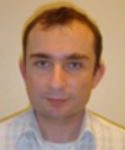 Eric Puzenat: photocatalysis, solar fuels, artificial photosynthesis, UV-vis spectroscopy, oxide synthesis, kinetics
Eric Puzenat: photocatalysis, solar fuels, artificial photosynthesis, UV-vis spectroscopy, oxide synthesis, kinetics
 Ibrahim Khalil: zeolites, metal oxides, heterogeneous catalysis, bifunctional catalysis, biosourced molecules, CO2 hydrogenation, IR spectroscopy
Ibrahim Khalil: zeolites, metal oxides, heterogeneous catalysis, bifunctional catalysis, biosourced molecules, CO2 hydrogenation, IR spectroscopy
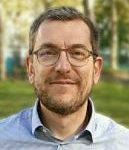 Laurent Piccolo: surface science, nanoalloys, nanocatalysis, single-atom catalysis, selective hydrogenation, CO oxidation, CO2 reduction, structural dynamics, operando methods
Laurent Piccolo: surface science, nanoalloys, nanocatalysis, single-atom catalysis, selective hydrogenation, CO oxidation, CO2 reduction, structural dynamics, operando methods
 Luis Cardenas: Electronic structure of catalysts, Ultra-violet Photoelectron Spectroscopy and Near Ambient XPS
Luis Cardenas: Electronic structure of catalysts, Ultra-violet Photoelectron Spectroscopy and Near Ambient XPS
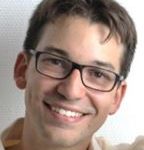 Mathieu Prévot: (photo)electrochemistry, electrocatalysis, solar fuels, water splitting, CO2 reduction, oxide and chalcogenide thin films
Mathieu Prévot: (photo)electrochemistry, electrocatalysis, solar fuels, water splitting, CO2 reduction, oxide and chalcogenide thin films
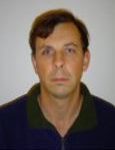 Pavel Afanasiev: catalyst synthesis, sulfide catalysts, characterization methods, theoretical modeling, X-ray absorption spectroscopy
Pavel Afanasiev: catalyst synthesis, sulfide catalysts, characterization methods, theoretical modeling, X-ray absorption spectroscopy
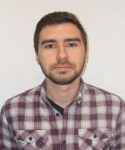 Ruben Checa: analytical methods, separation techniques, mass spectrometry, automation
Ruben Checa: analytical methods, separation techniques, mass spectrometry, automation
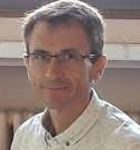 Stéphane Loridant: catalysis by oxides, redox and acidic properties, structural dynamics, nanoscale intimacy, IR and Raman spectroscopies
Stéphane Loridant: catalysis by oxides, redox and acidic properties, structural dynamics, nanoscale intimacy, IR and Raman spectroscopies
Research projects
International
EU HORIZON CL5 PHOENIX project (partner, M. Prévot) 2024-2027
Photo-electro Integrated Next-Generation energy technologies
EU HORIZON-JTI-CLEANH2 unLOHCked project (participant, L. Piccolo) 2023-2026
Unlocking the potential of LOHCs through the development of key sustainable and efficient systems for dehydrogenation
National
Programmes et équipements prioritaires de recherche (PEPR)
SPLEEN (Decarbonation of the industry)
Target project PowerCO2, Task PorousGDL (partner, M. Prévot) 2023-2027
Molecularly engineered hybrid porous gas diffusion electrodes for tandem CO2 reduction
B-BEST (Biomass, biotechnologies, green chemistry and renewable energy technologies)
- Target project FURFUN, Task 2 (participant, M. Prévot) 2023-2027, New catalytic pathways for the selective oxidation of HMF and Furfural
- Target project OPTISFUEL, WP2 (participant, D. Laurenti, C. Geantet, S. Loridant, P. Afanasiev) 2023-2027, New Proofs of concept to Optimize Sustainable Fuel production
LUMA (Light-matter interaction)
Moonshot project SYNFLUX-LUMICALS (partner, WP leader, M. Prévot) 2024-2030
Synchronizing flux of photons, charges, and molecules for improved sunlight conversion into fuels and chemicals
Agence Nationale de la Recherche (ANR)
PRCE project SOLBIOPEC (coordinator, M. Prévot) 2025-2029
Unassisted solar valorization of biomass inside a photoelectrochemical device
PRCE project CARES (partner, S. Loridant) 2025-2028
Catalytic recycling of silicones
PRCE project NACELL (coordinator, L. Cardenas) 2022-2026
Development of a membrane-cell for in situ NAP-XPS characterization
PRCE project Biopoliol (coordinator, D. Laurenti) 2022-2026
Bio-based polymers from lignin oligomers
PRCE project POP (partner, D. Laurenti) 2022-2026
Post-Oil Pavement
PRC project ISAC (coordinator, L. Piccolo) 2023-2027
Rational design of innovative single-atom catalysts for selective hydrogenation reactions
PRC project REACTPHTHAL (partner, P. Afanasiev) 2023-2026
Vers une nouvelle réactivité dans les réactions de transfert de carbène catalysées par phtalocyanines
PRC project OXZEO (coordinator, S. Loridant) 2023-2026
OXide-ZEOtype bifunctional catalysts efficient for the conversion of CO and CO2 to light olefins
PRC project MEGOPE (partner, M. Prévot) 2022-2026
Mass spectrometry for the green electrocatalytic production of biomass-derived molecules
PRC project SAFHYR (participant, M. Prévot) 2022-2026
New catalysts for the safe restitution and use of hydrogen
PRC project MOOSE (participant, P. Afanasiev) 2022-2026
Molybdenum OxySulfides tribology and Environment
PRC project DuCaCO2 (partner, L. Piccolo) 2021-2025
Development of dual functional catalytic materials for integrated CO2 capture and conversion
PRC project BeFriend (partner, P. Afanasiev) 2020-2025
Performance et comportement à l’échelle nanométrique de nouveaux nanolubrifiants hautement performants et durables
Others
Institut Carnot MICA project Photo-acteur (coordinator, L. Cardenas) 2025-2027
Développement d’un photocatalyseur composite performant à l’aide d’une méthodologie utilisant la structure électronique comme descripteur.
Partnerships
Main industrial partners
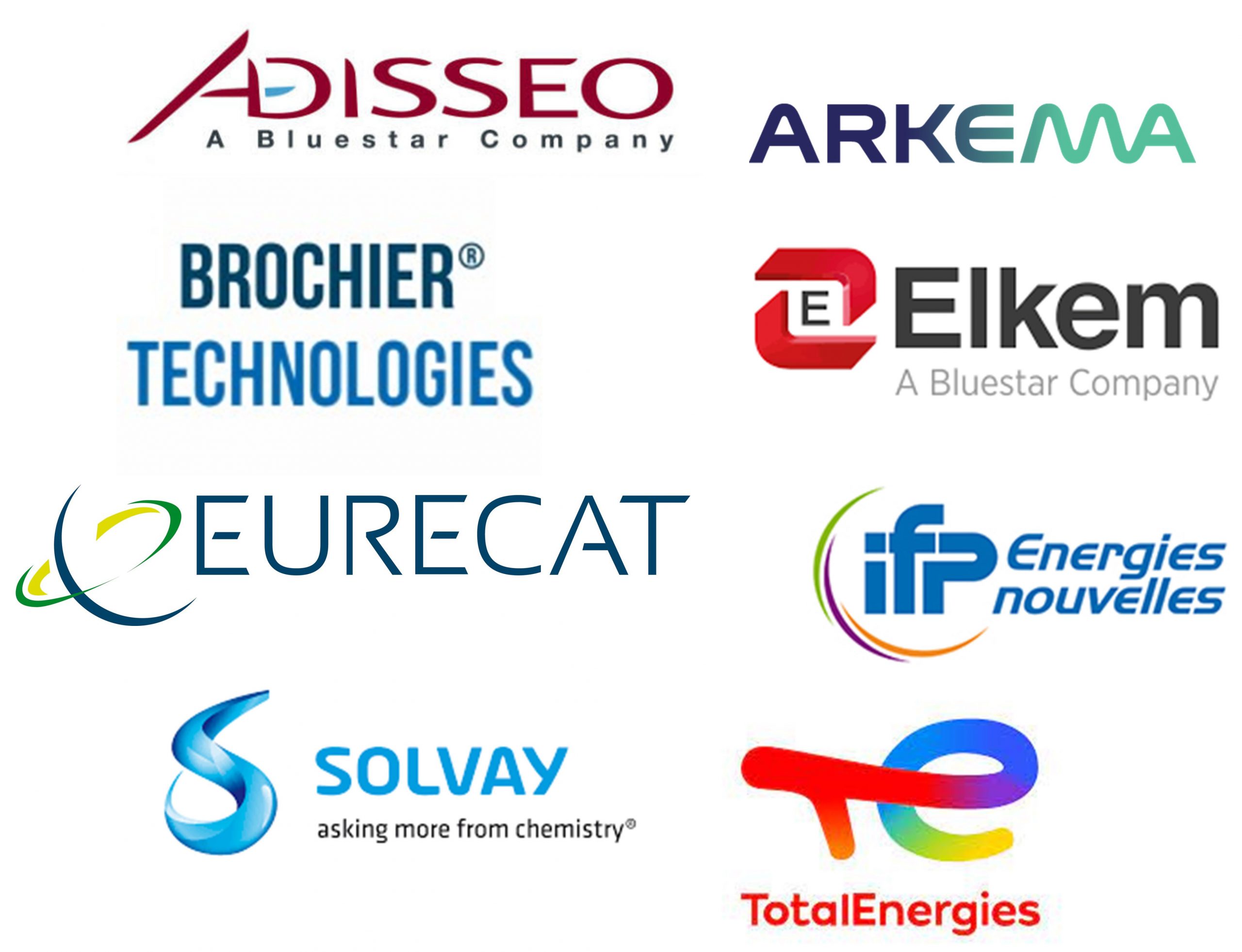
Research networks
GDR ThermoBio (coordinator) 2018-2027
GFSV (board member) since 2012
FR SPE (board member) since 2020
Experimental and instrumental capabilities
The team relies on complementary skills covering most aspects of heterogeneous catalysis, from the conception of multifunctional catalysts to the conversion of real feedstocks. Via a fundamental approach of practical problems, we develop and utilize spectroscopic techniques (Raman, DRIFTS, XAS, Mössbauer) allowing for in situ or operando characterization, and advanced analytical methods such as GCxGC-FID/MS for understanding complex mixtures. Our multidisciplinary expertise covers hydrotreating (sulfide catalysts, thioresistant bifunctional catalysts), selective oxidation and dehydration (oxide catalysts), selective hydrogenation (nano- and single-atom catalysts) and photo/electro-catalysis for energy applications.
Staff
Researchers and University professors
Personnels techniques (en)
Postdoctoral fellows
PhD students
Interns
Publications
-
FUEL PROCESSING TECHNOLOGY, 2026, 283, p.
-
Rhenium‐Based Dual‐Function Materials for Integrated CO 2 Capture and Methanation
ChemCatChem, 2026, 18(1), pp. -
-
INDUSTRIAL CROPS AND PRODUCTS, 2026, 239, p. 122469
-
JOURNAL OF MATERIALS CHEMISTRY A, 2025, p.
-
JOURNAL OF RAMAN SPECTROSCOPY, 2025, p.







































